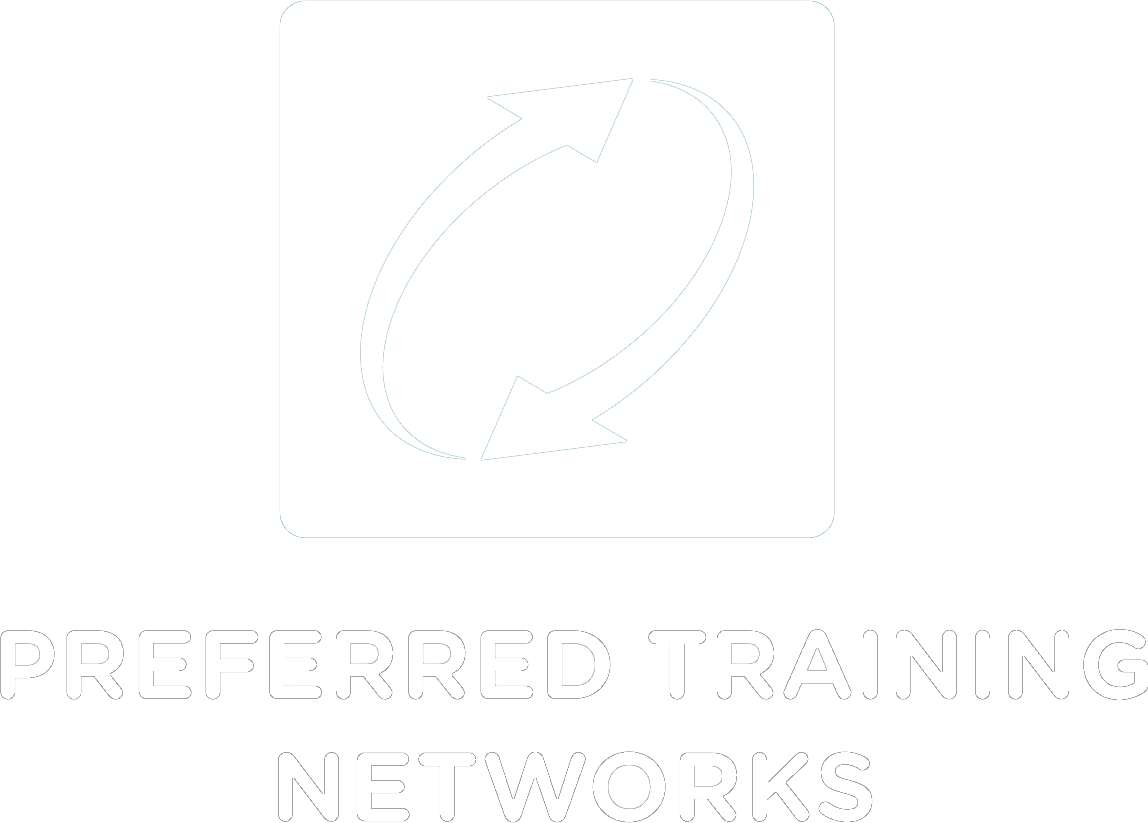Neurodiversity in the Workplace
One of the most important attributes of a workplace is diversity and inclusion. When employees don’t feel like they can be themselves at work or as if they’re not supported, we risk minimising their skills and letting their full potential go to waste.
In Australia, around 15-20% of the population is neurodivergent. Companies that acknowledge, accept and support their neurodiverse employees can forge a pathway to a stronger, more successful future, harnessing the full capabilities of their staff and leading the charge towards change. In this article, we’ll discuss neurodiversity in the workplace, the benefits it can bring and how you can achieve it. Let’s begin.
What Is Neurodiversity?
Neurodiversity refers to the various ways that people’s brains work. The truth is no two brains function exactly the same, and those who are neurodivergent diverge from the “neurotypical” way of brain and body processing.
It is most commonly used in the context of people with autism or other neurological or developmental conditions like ADHD, Tourette syndrome and obsessive-compulsive disorder (OCD). The term was popularised in the 1990s and was created to normalise rather than stigmatise people with neurological differences, celebrating their unique ways of thinking and recognising the value in how they perceive the world around them.
What is its Role in the Workplace?
An inclusive workplace is hugely beneficial to organisations, and the stats are there to prove it. A 2018 report concluded that companies that value inclusivity and diversity are two times more likely to meet or exceed financial targets, three times more likely to experience high performance and six times more likely to be agile and innovative.
Some of the advantages of workplace neurodiversity include:
Innovation
Neurodivergent employees can help give their workplaces a competitive edge, thanks to their innovative ways of thinking, unrivalled creativity and strong logical thinking skills.
Wider pool of talent
Finding hardworking, experienced and skilled employees can be a challenge, so why limit your talent pool? By implementing more inclusive hiring and retention strategies, you have access to more high-performing professionals who’ll be able to contribute to the continued growth of your company.
Improved morale
When you make the effort to support neurodiversity in the workplace, this will go noticed by all your employees. This could give your neurotypical staff the confidence to ask for the support that they need as well, creating a more positive work environment that’s safe and judgement-free.
Pattern recognition
According to Harvard Business Review, many neurodiverse conditions result in strong mathematical, pattern recognition and memory skills. This demonstrates that with the right support and interview processes, neurodiverse employees have the ability to outperform their neurotypical coworkers.
How to create a neurodiverse workplace
Despite up to 20% of Australians being neurodivergent, recent studies have shown that up to half of team leaders and managers would not hire someone who is neurodivergent. In Australia, autistic people have a 31.6% unemployment rate, six times the average rate for Australians who don’t have a disability.
Some of the ways you can build a neurodiverse workplace include:
Interview processes
Often for neurodivergent people, the barriers between them and a successful career start during the interview process. People who are neurodivergent tend to speak and interact differently than those who are neurotypical, and may find their qualifications and skills overshadowed by challenges they face in high-pressure social situations.
Employers should take the initiative to educate themselves on neurodiversity and how they can accommodate their interview and hiring processes to accommodate them. This might include offering employers educational courses on neurodiversity and implementing new hiring best practices. This can include:
- Advertise your job ads on a wider range of websites and community groups that target more diverse communities and people who are neurodivergent
- Specify in your ad copy that neurodiverse people are encouraged to submit an application
- Explore alternatives to a traditional interview such as work trials and other testing processes
- Allow candidates to bring a support person or provide one yourself
- Allow them access to interview questions beforehand
If you end up hiring a neurodiverse employee, there are several things you can do to help them feel welcome and settle into their job with ease. This might be:
- Providing their managers and peers with neurodiversity education and training
- Creating regular job training sessions and programs
- Holding consistent catch-ups where they have the opportunity to share any feedback, concerns or questions
- Ensuring that your company remains dedicated to advocating for and supporting neurodiversity
Staff Support
While it’s clear that organisations can benefit from improving neurodiversity in the workplace, many of them do not have the resources or awareness to do so. When it comes to neurodiversity, there’s no one-size-fits-all approach that will be effective. Every person will function and think differently and require their own accommodations – or some not at all.
The best way to support your neurodiverse staff is to create a safe, supportive environment that gives them the strength to speak up and ask for the support that they need. Some common accommodations for neurodiverse team members include:
- Flexible working-from-home arrangements
- Designated distraction-free workspaces
- Mental health days
- Noise-cancelling headphones
- Sharing work documents and reference materials in advance
Conversations
Something as simple as starting meaningful conversations can improve neurodiversity and help foster support for employees with unique needs and abilities. These conversations with your staff can help your staff be more supportive of each other’s differences and be more likely to spot and accept signs that their coworkers might think differently than them.
You can also offer neurodivergent employees a mentor or co-worker who they can go to who they can discuss any issues they might be experiencing. Remember not to lose sight of the fact that neurodivergent staff have the skills and abilities that you hired them for, and you have the ability to help them feel safe and supported and be able to reach their full potential.
Conclusion
As workplaces are slowly beginning to redevelop their work environments and strategies for success, they open themselves up to fully realising the potential of neurodivergent employees. By making the suggested adjustments to their hiring and retainment practices, they can remain competitive in their industries and lead the charge when it comes to inclusion, innovation and progressivity.
These changes cannot only help your neurodivergent employees, but your workforce as a whole. By taking the time to educate employees, start open dialogues and implement change, you create a more accepting and dynamic workforce where everyone has the support to be and do their very best and set your company up for future success.


